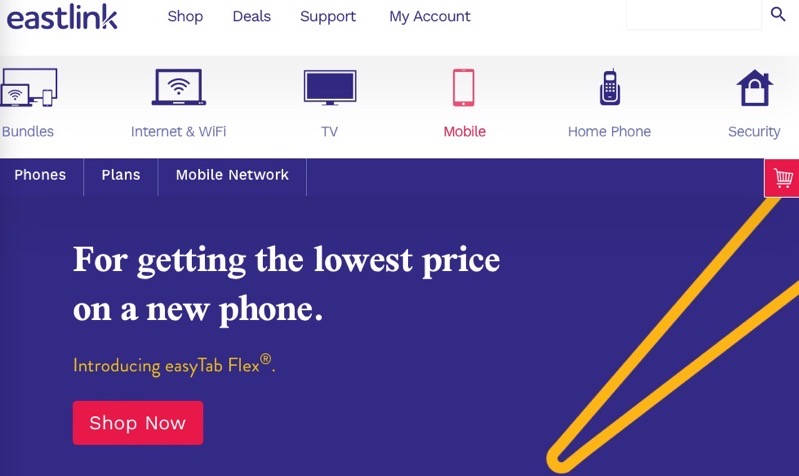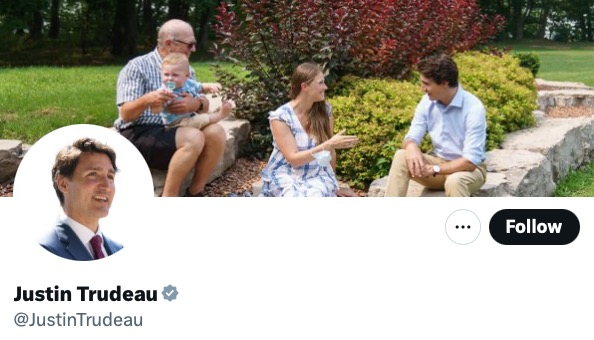
Rogers-Shaw Merger Hearing vs Competition Bureau Concludes

The evidentiary portion of the Competition Bureau’s federal Competition Tribunal hearing against Rogers and Shaw over their proposed $26 billion merger came to a close on Thursday, following 18 days of testimony, parades of witnesses, and strenuous cross-examination (via The Globe and Mail).
Oral arguments from the two sides are scheduled for December 13 and 14. Federal Court Chief Justice Paul Crampton, who leads the three-member panel overseeing the proceedings, said he would like to release a ruling before Christmas if possible.
Canada’s Commissioner of Competition wants the Tribunal to block the Rogers-Shaw merger altogether, on the grounds that it will weaken competition in the country’s already-oligopolistic wireless space.
Earlier this year, the two telecom giants agreed to sell Shaw-owned Freedom Mobile to Quebecor’s Vidéotron as a remedy to the Bureau’s antitrust concerns against their marriage. However, the Bureau maintains that divesting Freedom alone isn’t enough.
During the almost four-week-long evidentiary proceedings, the Bureau called economists, consultants, and several executives from rival telcos Telus and Bell Canada before the Tribunal to demonstrate that a unified Rogers and Shaw would reduce competition in the wireless sector, leading to higher cellphone bills and less consumer choice.
Expert witnesses hired by the Bureau told the Tribunal that the Rogers-Shaw deal would raise prices for low-income Canadians and eliminate Canada’s fourth wireless competitor.
Rogers and Shaw, meanwhile, argued that their merger will result in more competition. According to the two, a combined Rogers-Shaw would be able to better compete with Telus and Bell. Telus is Shaw’s primary competitor in Western Canada, and the company has been losing ground to the former in the internet and television business for the past decade.
What’s more, Rogers and Shaw claimed that Freedom will be a stronger competitor under Vidéotron. Last week, an expert witness hired by Rogers testified that the Vidéotron-Freedom deal will create a “near-national” fourth wireless operator capable of competing with the Big Three (Rogers, Bell, and Telus).
Mark Israel, a competition economist for the Rogers side, told the Tribunal during the final days of expert testimony that acquiring Freedom would turn Vidéotron into a near-national carrier with “strong economic incentives and assets to compete vigorously.”
Shaw also presented a narrative that even though deciding to sell to Rogers was an “extremely difficult” decision, the company doesn’t have “a viable path forward” if the merger falls through. The Bureau contested Shaw’s claims by citing the telco’s profitability in recent reporting periods.
While the Tribunal’s ruling will determine the fate of the Rogers-Shaw merger, either side could appeal the decision in the Federal Court of Appeal. The Competition Bureau could also seek a stay if it loses, preventing the merger from closing until the appeal can be heard.
Rogers and Shaw previously extended their mutual merger deadline to December 31, 2022, hoping to close the deal by that time. However, the telcos have room for a further extension up to January 31, 2023.
During the evidentiary hearing’s conclusion, Chief Justice Crampton noted that there is a risk of the Rogers-Shaw deal falling apart if it isn’t completed by January 31.

